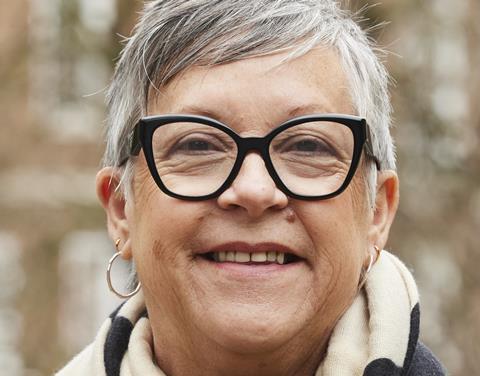Philippa Childs says ‘time for warm words and platitudes has passed’
Bectu head Philippa Childs has issued a call to action to the TV industry over the freelancer crisis, stating that urgent collaboration is needed to halt the wave of people leaving the industry.
Providing a keynote at a dedicated Royal Television Society (RTS) event, Childs gave a searing appraisal of how broadcasters and stakeholders are handling the crisis.
“The time for warm words and platitudes has passed, and we need urgent action to halt the drain of skills and talent haemorrhaging from the industry,” she said.

To illustrate the depths of the crisis for freelancers, Childs listed figures from a recent poll of 4,000 Bectu members.
The stats revealed that 68% of respondents are currently out of work, a slight improvement on the 74% who reported being out of work in the union’s summer 2023 poll. Nearly 90% of those surveyed are concerned about their financial security over the next six months, while 75% reported they are struggling with their mental health.
The number of people who plan to leave the industry within the next five years jumped from 24% in Bectu’s summer poll to 37%, a figure which Childs said “should ring alarm bells for all of us”.
“We are at a tipping point – something has to change,” she added.
She cited the recent successes of Mr Bates vs The Post Office, The Traitors and One Day as examples of the power and strength of the UK creative industries. However she warned that if the industry is to maintain its global reputation as production powerhouse then earnest efforts need to be made to resolve the crisis and address the reasons behind the feast-or-famine nature of working in the industry.
“We must do that if we are to halt the exodus of diverse and talented crew, and tackle the structural challenges that leave workers isolated, that damage their mental health and devastate their financial security,” she stated.
“The results of our survey were shocking, even for those of us who deal with the consequences every day. I hope that they will cause the whole sector to think seriously about their responsibilities to their workforce, and will prompt a doubling of efforts to find solutions.”
In a later Q&A, she described the “perfect storm” of the commissioning slowdown, ad market collapse and the US labour strikes as the toughest period so far of her five years heading the trade union.
“It’s probably the most difficult period because during the pandemic everyone understood what was happening and recognised that everyone was in the same boat,” she explained.
“What has been really frustrating for people during this period is that there just isn’t enough honesty about what the situation is; people are just floundering about what might happen and when they might get back to work.”
































No comments yet